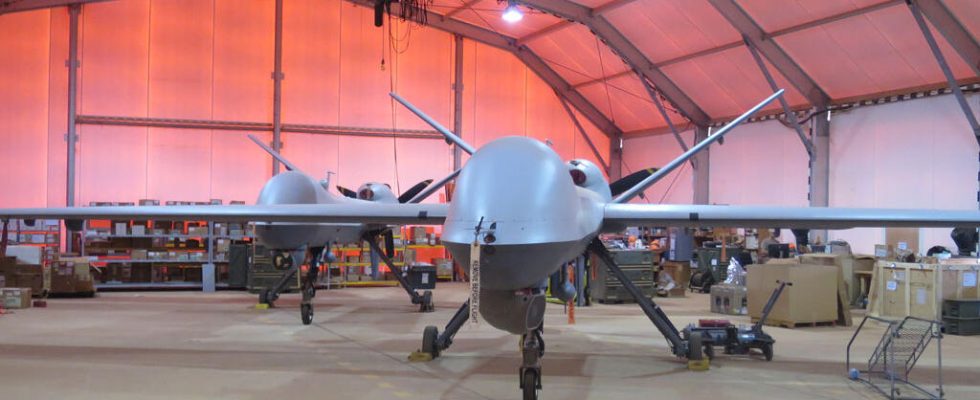The military programming bill providing for an envelope of 413 billion euros over seven years arrives this Monday, May 22 at the National Assembly. The debates will be able to begin on this very strong increase in the budget of the armies: 295 billion dollars during the previous five-year term, 413 billion this time, an unprecedented budget to modernize the armies.
The first budget item of this modernization will be devoted to nuclear deterrence to develop new air vectors and modernize strategic submarine forces. Deterrence alone should consume 13% of the XXL budget of this military programming law, this is the amount of life insurance in France, estimates the deputies of the defense committee of the National Assembly. Faced with the return of war in Europe and the rise of international tensions, the military programming law defines an army format with forces made up of 275,000 soldiers and civilians.
Equipment: planes, armored vehicles, a new generation aircraft carrier represent 268 billion euros. To remedy the weaknesses brought to light by the war in Ukraine, such as ammunition stocks and ground-to-air defence, an effort of just over 20 billion euros will be made. But above all, the accent will be placed on the new fields of conflict, such as space, cyber, the deep seabed, drones. And intelligence which, with 5 billion euros, takes the lion’s share.
After fierce debates in perspective
If the need for a powerful army remains consensual on the benches of the Assembly, it is the way of responding to it that gives rise to differences. Contrary to the initial targets, there will be delays in the delivery of equipment after 2030. The armies will, for example, receive 2,300 armored vehicles over the period, i.e. 30% less than initially planned, as for the Air Force, it will have 137 Rafale in 2030, against an initial target of 185.
Most of the credits will be sucked up by intelligence, because to stay in the race, you have to climb important technological steps. And the proliferation of space or underwater sensors also requires significant computer resources to process the data. And these technological leaps have a significant cost, as explained by Jean-Charles Larsonneur, member of the Defense commission, interviewed by Franck Alexandre on RFI. ” All the balance to be found is to say to ourselves, we must intervene with our Navy, with our Air Force, with our Army, on such and such a scenario, to draw these scenarios, to see what needs we may have in tanks, in planes, and of course in different environments. This is moreover an important parameter of this military programming, it is that in addition to the most well-known fields, it is also a question of developing capacities for the seabed, you know that we talk a lot about cables in the oceans, and in areas such as cyber, there too an area in which considerable effort is being made. Intelligence: it’s important, it’s true, for France to form its own idea of the state of the world and the state of the threats. Then afterwards, indeed, one can ask the question of the vocation of France, should it be mainly self-centered on itself? Or more open to alliances? Is its vocation primarily to defend Europe or more generally to carry out missions in the open sea? You see that the answer is far from being so simple, we are in areas of gray in relation to the choices that have to be made, faced with an envelope that is proposed. The one proposed by the government is 413 billion euros over the period, that’s good, but it’s strictly sufficient.
► To listen also: Jean-Louis Thiériot, deputy Les Républicains de Seine-et-Marne was the guest of Frédéric Rivière on RFI. He salutes the continuity of effort ” granted by the government concerning the budget of the armies, but refutes the qualifier “ historical “.
>> To read also: On the front page: 413 billion euros for the armies…
